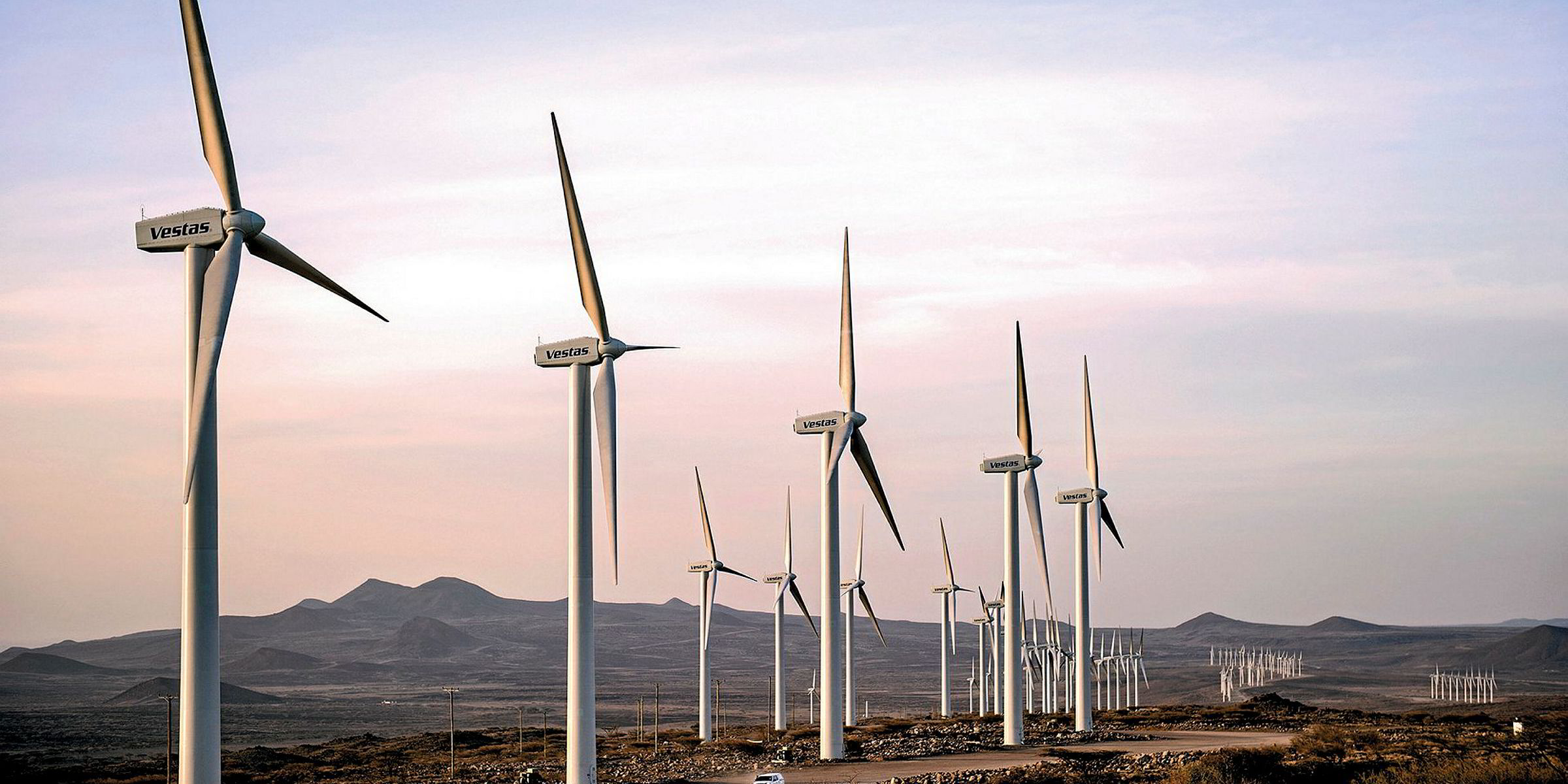Efforts to address climate change through clean energy lag in emerging markets as wealthier countries have been slow in meeting their aid commitments and many poorer nations have failed to provide the policy frameworks necessary to attract clean energy investment, Bloomberg New Energy Finance says in a report.
Investment in non-OECD countries into new clean energy actually fell by $40.2bn

